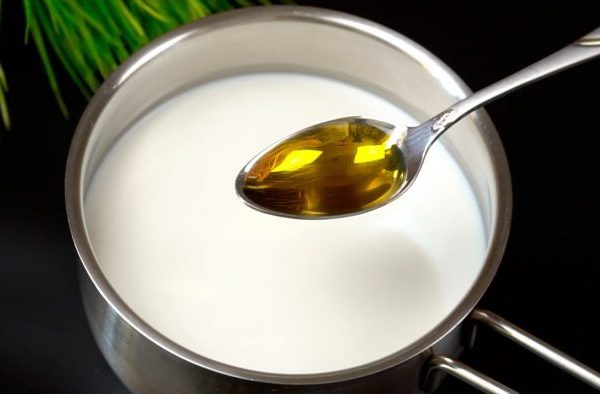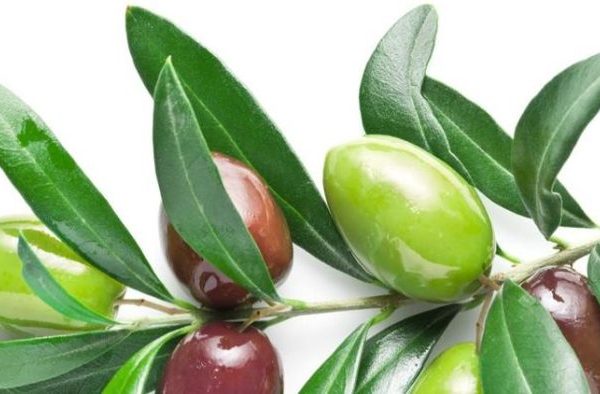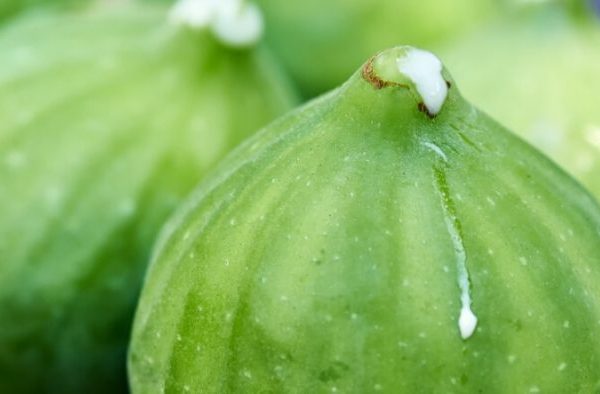Weeds are a common nuisance in gardens, terraces, and walkways, creeping through cracks in stairs or between tiles. They can quickly give your space a neglected appearance, and no matter how many times you pull them out, they seem to grow back almost instantly. If you’re tired of battling persistent weeds, there’s a natural, easy-to-make solution that can help without resorting to harmful chemicals.
Why Avoid Chemical Weed Killers?
Many commercial weed killers are made with toxic chemicals that can be hazardous to both humans and animals. These substances not only target weeds but can also damage surrounding plants, harm beneficial insects, and pose a risk to your pets. For environmentally conscious gardeners, using natural alternatives is a safer and healthier option. By choosing a homemade weed killer, you can effectively eliminate unwanted plants while keeping your garden safe for people, pets, and wildlife.
The Power of Natural Weed Killers
Natural weed killers offer an effective alternative to harsh chemical products, and they’re often made with ingredients you likely already have in your home. These solutions are not only cost-effective but also eco-friendly, ensuring that your garden remains a healthy environment.
In this article, we’ll show you how to make a powerful, homemade weed killer using white vinegar. This method is quick to prepare and works efficiently, making it an excellent choice for dealing with unwanted weeds.
How to Make a White Vinegar Weed Killer
White vinegar is an excellent natural weed killer due to its acidity. It’s non-toxic, affordable, and widely available, making it an ideal solution for removing weeds without harming the environment.
Ingredients You Will Need:
- 1 liter of white vinegar
- 33 grams of salt
- A splash of liquid dish soap
- 1 empty spray bottle
Instructions:
- Prepare the Solution: Begin by pouring the salt into the empty spray bottle. Next, add the white vinegar and top it off with a splash of dish soap. The soap helps the solution adhere to the weeds more effectively, ensuring they are fully coated.
- Shake Well: Once all the ingredients are in the bottle, give it a good shake to mix everything thoroughly. Your homemade weed killer is now ready to use!
How to Apply:
For best results, spray the solution directly onto the weeds in the morning on a hot, sunny day. The heat and sunlight will enhance the effectiveness of the vinegar, helping to dry out and kill the weeds faster.
A Few Tips for Application:
- Target Specific Areas: Be careful when spraying this solution near plants you want to keep, as the vinegar can damage or kill other plants if it comes into contact with them. It’s best to use this weed killer on walkways, between cracks in pavement, or on areas where no other plants are growing.
- Repeat as Needed: If the weeds are particularly stubborn, you may need to repeat the process over the next few days. The natural solution works gradually, but it is highly effective over time.
Alternative Weed Killer: Baking Soda
While white vinegar is a powerful and fast-acting solution, it can be too potent in areas where you want to avoid harming nearby plants. If you’re looking for a gentler, natural alternative for use on lawns or near flowerbeds, baking soda is an excellent option.
Baking soda is a natural herbicide that dehydrates weeds, causing them to die off without affecting other plants. This method is especially useful for dealing with weeds that are close to desired vegetation, where a vinegar-based solution may be too harsh.
How to Use Baking Soda as a Weed Killer:
- Sprinkle Directly: Simply sprinkle baking soda directly onto the weeds. Make sure to target only the weeds themselves, avoiding other plants in the area.
- Wait and Remove the Roots: After applying baking soda, the weeds will begin to wither. Once they are dried out, remove the dead plants by pulling them up from the roots. This prevents the weeds from regrowing.
Where to Use Each Weed Killer
Both white vinegar and baking soda are excellent natural alternatives for controlling weeds, but they are suited to different situations:
- White Vinegar: Use this powerful solution for walkways, cracks in pavement, and areas where you do not have other plants growing. Its strength makes it ideal for quickly eliminating weeds in areas without vegetation.
- Baking Soda: This gentler option is better for use on lawns, in flowerbeds, or near other plants where you want to protect the surrounding greenery while still targeting the weeds.
Conclusion
Weeds can be a persistent problem in any garden or outdoor space, but with these simple, natural solutions, you can keep them under control without relying on harmful chemicals. White vinegar provides a powerful, cost-effective method for eliminating weeds in tough-to-reach places, while baking soda offers a gentler alternative for areas where you want to protect other plants.
By using these homemade remedies, you’ll not only save money but also create a safer environment for your family, pets, and garden. With just a few simple ingredients, you can say goodbye to weeds and enjoy a healthier, more vibrant outdoor space.



